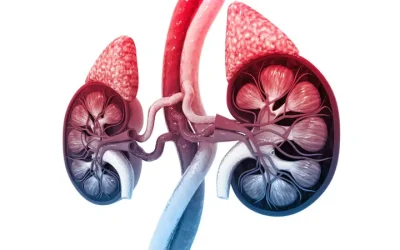An oral surgeon, who may also be known as an oral and maxillofacial surgeon, is a specialized dental surgeon that can complete complex surgical procedures of mouth and surrounding areas of the face and neck. This is different than a dental surgeon who is trained in basic surgical procedures such as tooth removal and implants.
Training
An oral surgeon completes the same training as a dentist, and that includes a 2 or 4 year undergraduate program followed by 4 years of specific study to earn a dental degree. Following that the oral surgeon will complete a 4 or 6 year residency training that can include obtaining a masters, doctoral or medical degree.
After the professional has completed the education and residency component of training he or she will still have to pass comprehensive specialized examination to become Board Certified. The oral surgeon may also go on to apply for and be granted Fellowships in a variety of different organizations including the American College of Surgeons.
There are specializations that some oral surgeons may also choose to pursue. These can include craniofacial surgery, head and neck cancer reconstruction and cosmetic facial surgery to name just a few. These specializations typically require another one to two years of specialized training and experience.
Types of Procedures
An oral surgeon can provide services in a variety of different areas. They are often highly involved as leads on treatment teams for correcting congenital malformations of the face or jaw area such as cleft palate and correcting serious bite reconstructive surgeries. These may be performed on children or adults, although some surgeons may specialize in working just with children.
In addition an oral surgeon can remove cysts and tumors in the facial area as well as complete reconstructive surgery after cancer of the mouth, face or neck areas. In the case of injury or trauma by disease or accidents an oral surgeon can repair and reconstruct the jaw, cheekbones, skull, nose and eye socket fractures or correct soft tissue disfigurements.
Another key area of focus for an oral surgeon is in the area of treatment of more advanced or severe cases of TMJ or temporomandibular joint disorders. These are often the cause of significant health issues including chronic migraine headaches and constant pain in the jaw and neck region.
We offer our patients the services of a top oral surgeon to support their treatment. For further information see us at Carlferreiradmd.com .



